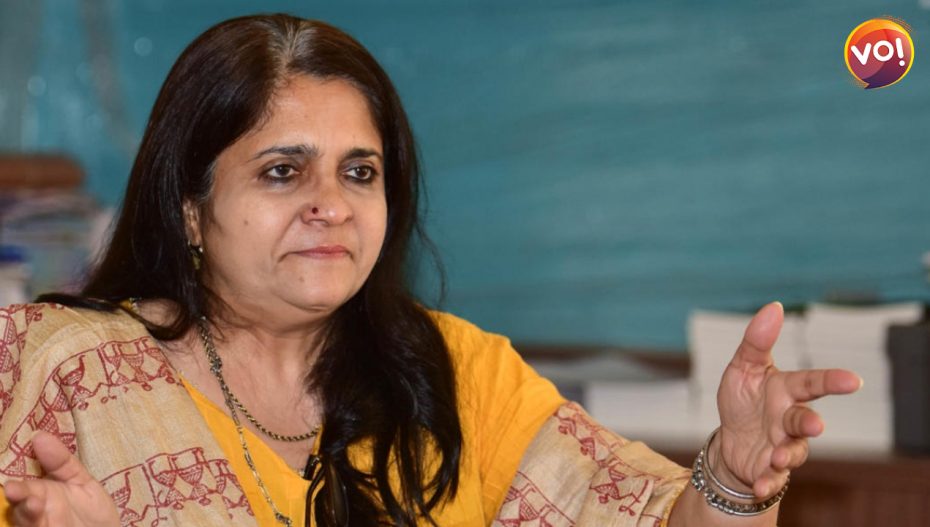Delivering the Girish Patel Smarnanjali Lecture in Ahmedabad on October 2, social activist Teesta Setalvad said the country had rarely seen accountability of the state as far as targeted violence is concerned. The story of targeted violence begins with the build-up that is created with hate speeches and hate writings, she added.
“What is fallout? State accountability happens rarely in our country. How many people have been punished in (the riots of) 1984, 1992 and 2002? These are the questions before us. And the difficulties that survivors have to face to ensure punishment and citizens for supporting them are the issues that come up,” she said.
Setalvad was recently arrested by the Gujarat police in a case of the alleged fabrication of evidence to frame innocent people in the 2002 Gujarat riots cases. A large number of people, especially those from the minority community, were killed in the riots. She was recently granted interim bail by the Supreme Court.
“The people in power who are controlling social media are the same that have spent 70-80 years in the society, on the roads, among doctors, lawyers, and cultural organisations to capture them. Power is degenerative, but they have worked hard. The process being witnessed in the country is that of people perpetrating the violence and the party in power lending its support, and this has an old history. What happened after the demolition of Babri Masjid on December 6, 1992, appears to repeat itself,” she claimed.
“We saw a harking back to an earlier period. We need to understand the phenomenon as to what was happening in the country between 1986 and 1992, what are we looking at now and what happened in between. Today, one also has to grapple with the media, which are carrying out a set agenda of targeting individuals and movements who have in any way threatened it,” the rights activist said.










